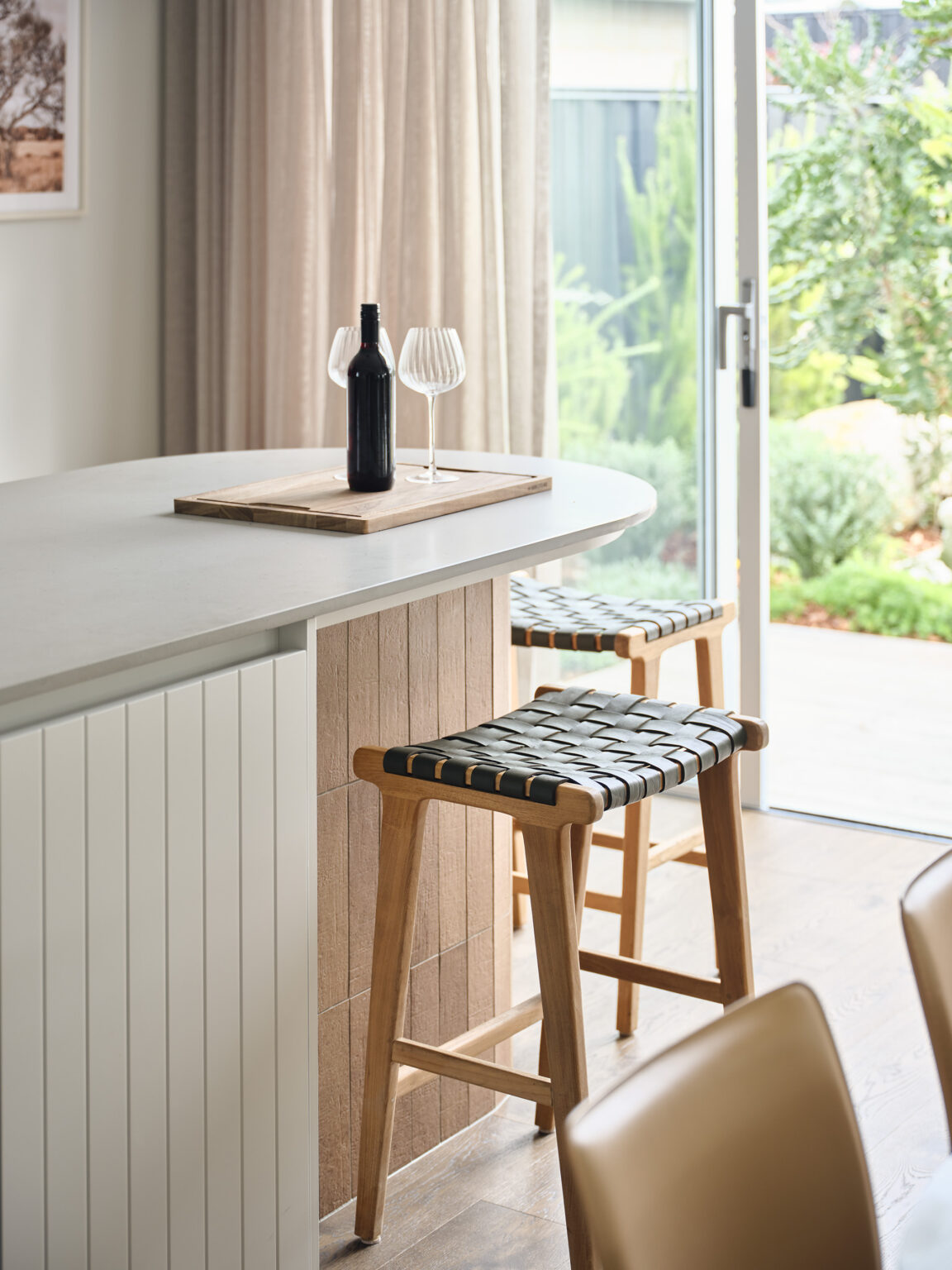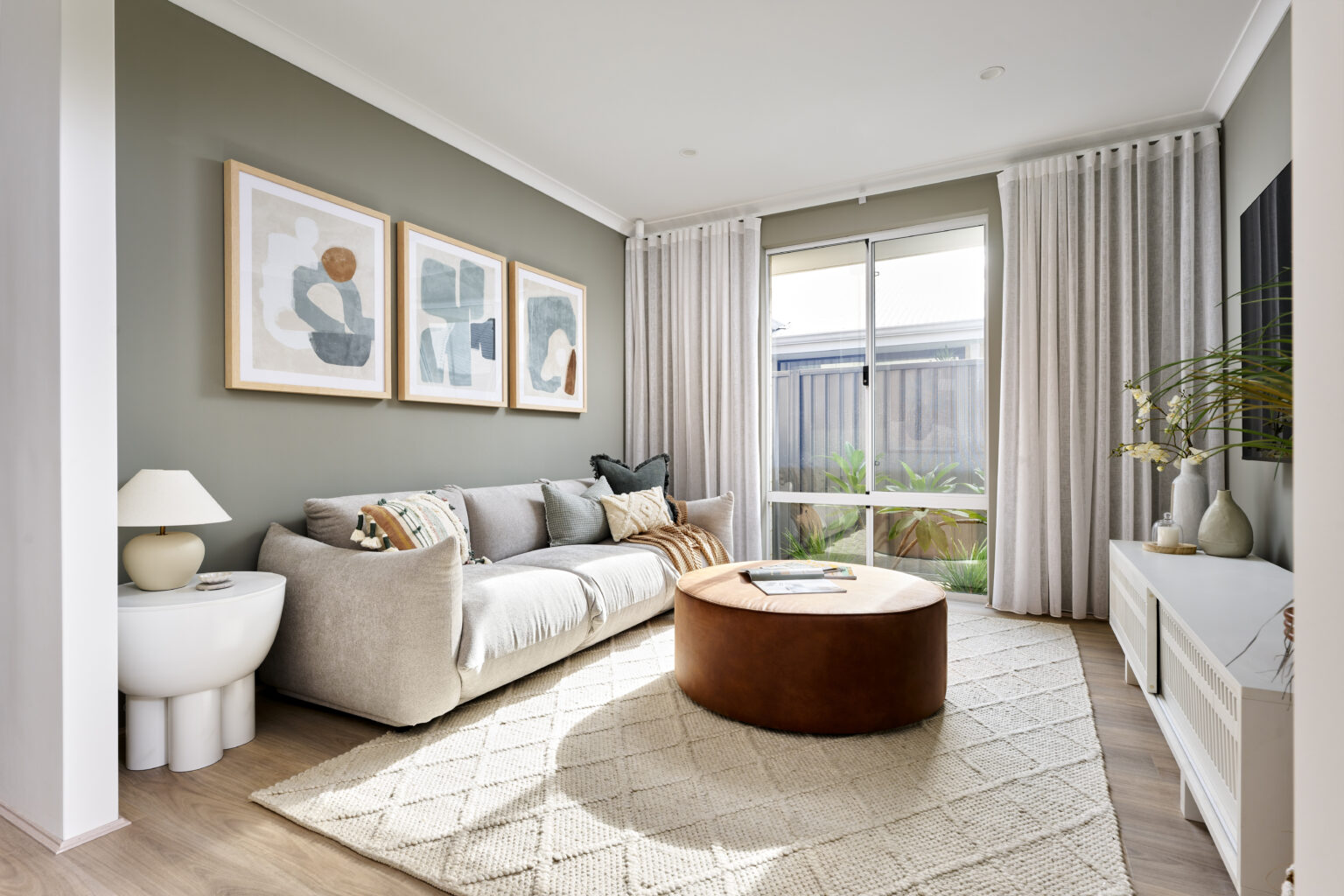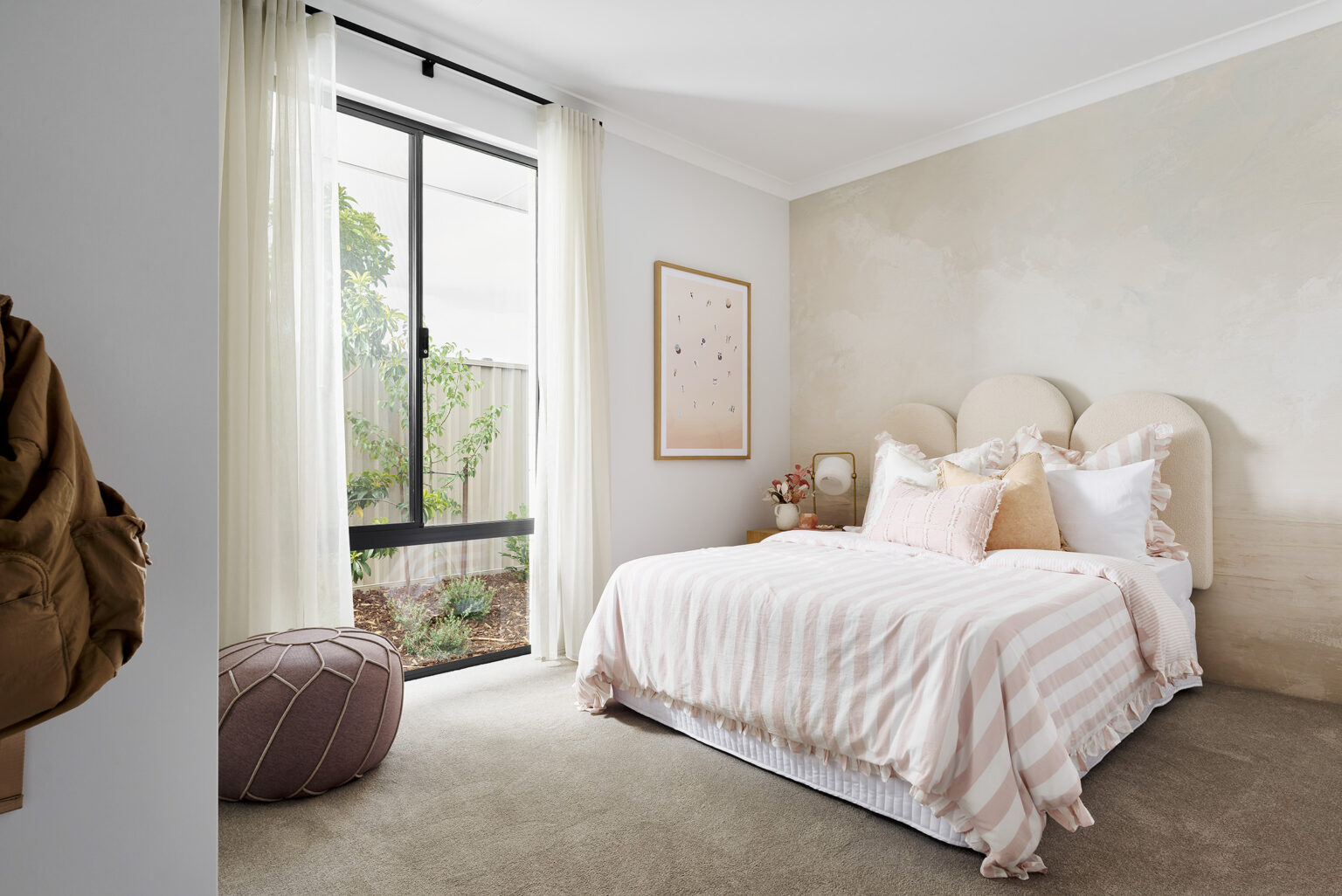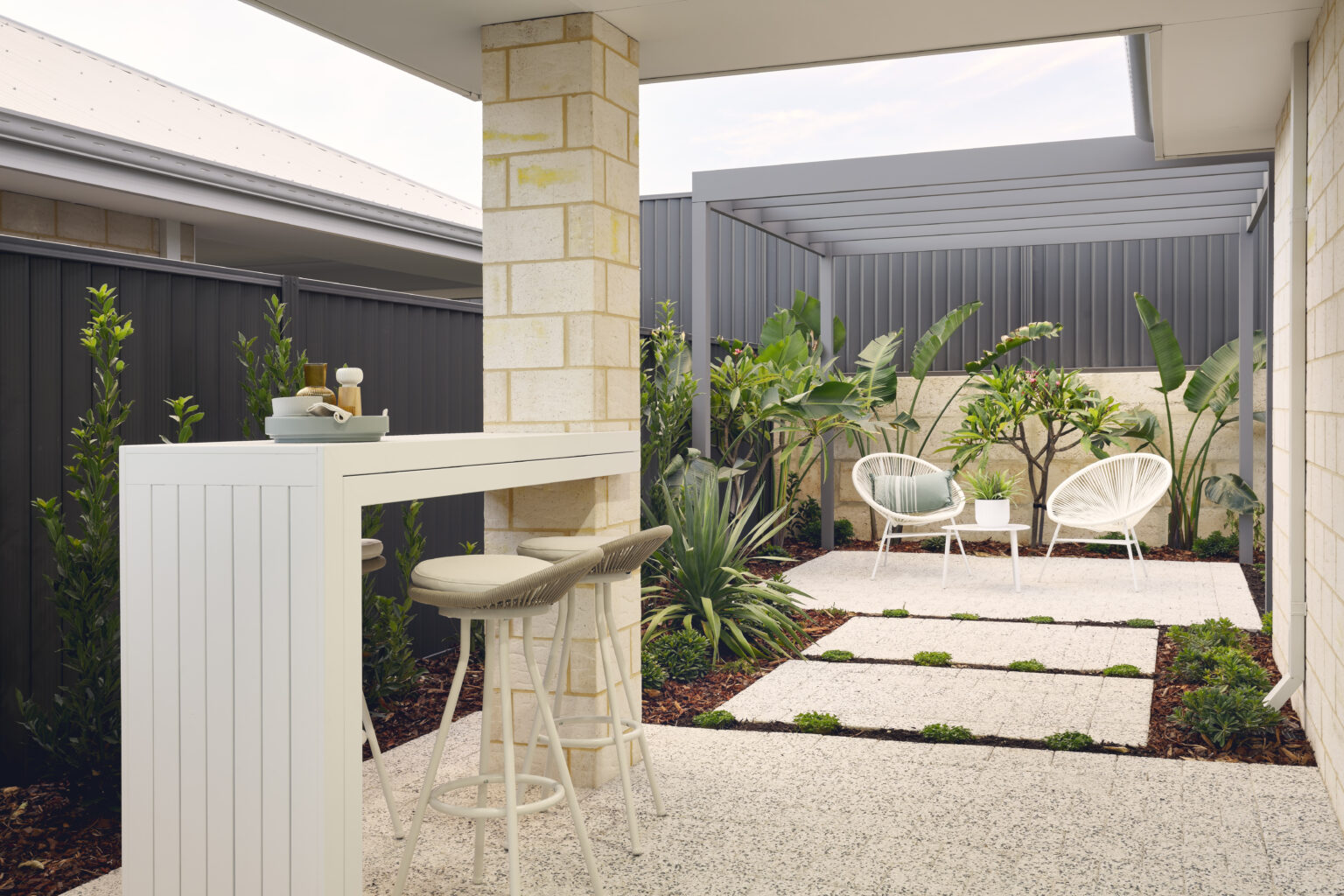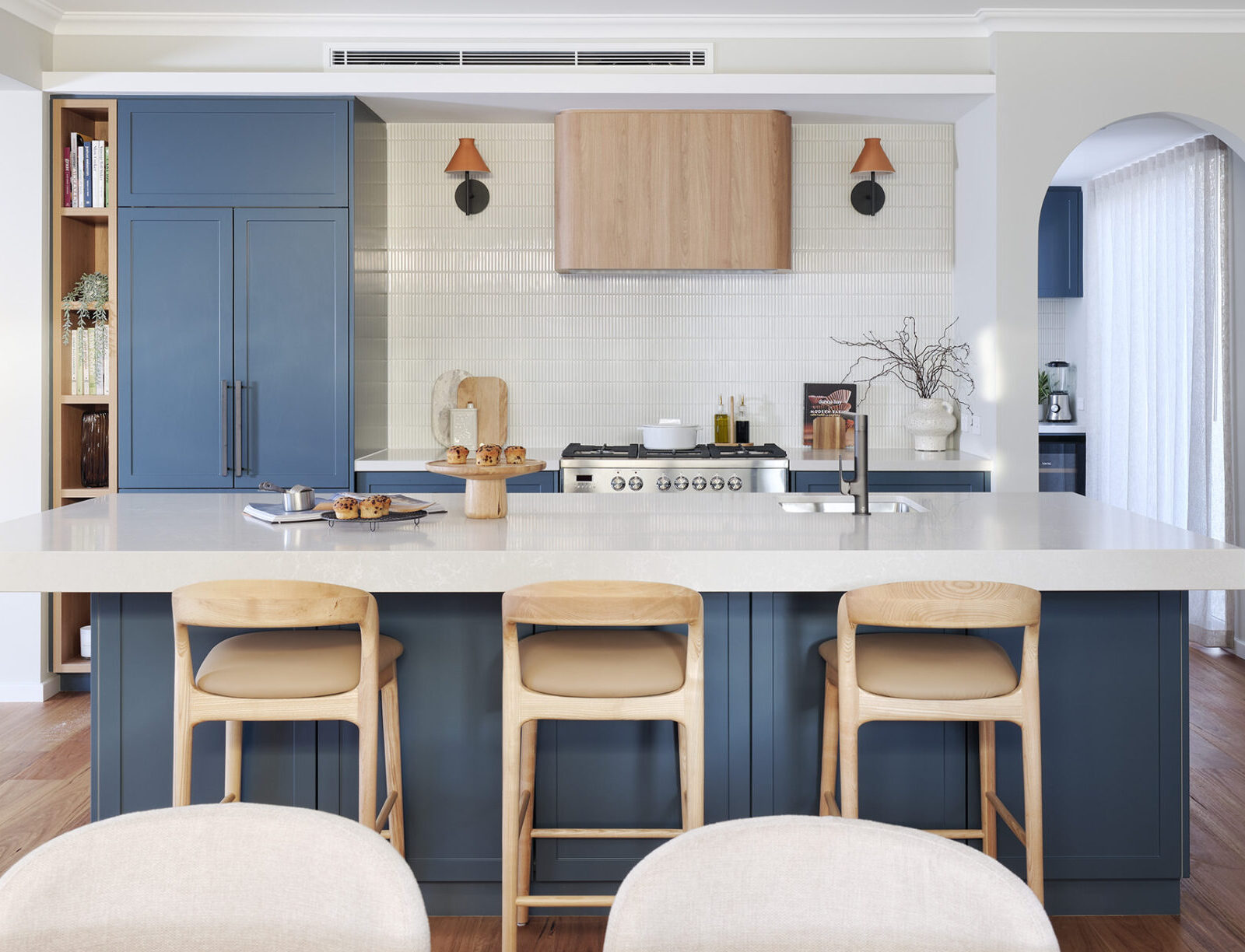Buying your first home feels overwhelming at first. There’s finance to organise, grants to understand, legal processes to navigate, and countless decisions to make. But thousands of West Australians successfully make this journey every year, and with the right guidance, you can too.
This first home buyer guide breaks down the entire process into manageable steps, so you know exactly what to expect and when.
Step 1: Getting Your Finance Right
Understanding How Much You’ll Actually Need
The biggest misconception first-time buyers have is thinking they need a full deposit saved before they can start looking. In reality, there are several ways to structure your first home deposit WA, and some require less upfront cash than you might expect.
Your deposit typically ranges from as little as 5% to 20% of the property value. The key is understanding what works with your income and savings capacity. Lower deposits mean higher ongoing costs through lenders mortgage insurance, while larger deposits reduce your long-term expenses.
Beyond the deposit, you’ll need funds for:
- Legal fees and conveyancing
- Building and pest inspections
- Loan establishment fees
- Moving costs
- Connection fees for utilities
Our partners at Resolve Finance help first home buyers in Perth every day. They understand construction lending and work specifically with first home builders. They can explain how building finance differs from standard home loans and help you structure your finance to make the most of building your own home.
Step 2: New Build vs Established – Making the Right Choice
This decision shapes everything that follows, so it’s worth understanding the real differences.
- Building New in Perth
Building offers complete control over your home’s design, layout, and finishes. You’re not inheriting someone else’s maintenance issues, and everything comes with warranties. Many first-time buyers find the structured process of building – from choosing land to selecting finishes – easier to navigate than competing in the established property market.
The downside is time. Building takes months, and you’ll need somewhere to live during construction.
- Buying Established
Established homes let you move in quickly and see exactly what you’re getting. You can often negotiate on price and inclusions. The trade-off is potential maintenance issues and the competitive nature of Perth’s established property market.
- How to Decide
Consider your timeline, budget flexibility, and personal priorities. If having everything exactly how you want it matters more than moving in quickly, building will suit you better. If you need to be settled fast and don’t mind some compromise, established will work.
Step 3: Getting Your Home Loan Sorted
- What Lenders Actually Look At
Your borrowing capacity depends on income, expenses, existing debts, and deposit size. Lenders also consider your employment stability and credit history. The pre-approval process involves providing detailed documentation about your financial situation.
- Shopping Around vs Getting Help
You can approach lenders directly or work with a mortgage broker who can compare options across multiple lenders. Many first-time buyers find brokers helpful because they understand which lenders suit different situations and can navigate the paperwork.
- Conditional vs Unconditional Approval
Pre-approval is typically conditional on property valuation and final income verification. Understanding these conditions helps you know what might change between pre-approval and final approval.
Step 4: Maximising Your First Homeowner Grant WA Benefits
Western Australia offers several incentives specifically designed to help first-time buyers enter the market.
- First Homeowner Grant WA
This grant provides financial assistance for eligible first home buyers. The amount and eligibility criteria can change, so it’s essential to check current requirements. Generally, you must be an Australian citizen or permanent resident, occupy the home as your principal residence, and meet income thresholds.
- Stamp Duty Concessions
WA offers stamp duty reductions or exemptions for first home buyers under certain conditions. These savings can be substantial and should factor into your overall budget planning.
- Other State Government Incentives
Various programmes come and go depending on market conditions and government priorities. Some focus on specific regions, others on particular property types or buyer demographics.
- How to Apply and When
Understanding the application process and timing is crucial. Some grants require application before settlement, others after. Missing deadlines or getting the sequence wrong can cost you thousands. Our partners at Resolve Finance can help guide you through this process.
Step 5: From Contract to Keys – The Settlement Process
Settlement is when ownership officially transfers, and you receive the keys. In WA, this typically happens 6-8 weeks after signing the contract for established properties, or after practical completion for new builds.
- Pre-Settlement Inspections
For established properties, you’ll do a final inspection to ensure the property is in the agreed condition. For new builds, this involves checking that construction matches your contract specifications.
- Settlement Day Logistics
Your conveyancer handles most settlement day activities, but you’ll need to organise insurance, utilities connections, and moving arrangements. Having everything coordinated reduces settlement day stress.
Step 6: Moving In and Making It Home
- Essential Connections and Services
Before moving day, arrange electricity, gas, water, internet, and any other services you’ll need. Some require advance notice, so plan ahead.
- Building Insurance and Home Contents
Your lender requires building insurance, and you’ll want contents insurance for your belongings. Understanding what’s covered and what isn’t helps you choose appropriate coverage.
- Getting to Know Your New Area
Take time to explore local amenities, introduce yourself to neighbours, and understand council services. This helps you settle in faster and feel more at home.
Your Next Steps
If you’re ready to start this journey, begin with getting clear on your financial position and what you can realistically afford. Then start talking to professionals who can guide you through the specifics of your situation.
The team at Home Collective works with first-time buyers every day, helping them navigate everything from initial budgeting through to moving day. They understand both the financial and emotional aspects of buying your first home and can provide guidance tailored to your specific circumstances.
Your first home purchase is a significant milestone, but it doesn’t have to be overwhelming. With proper planning, good advice, and realistic expectations, you can navigate this process successfully and end up with keys to a place you’re truly excited to call home.

